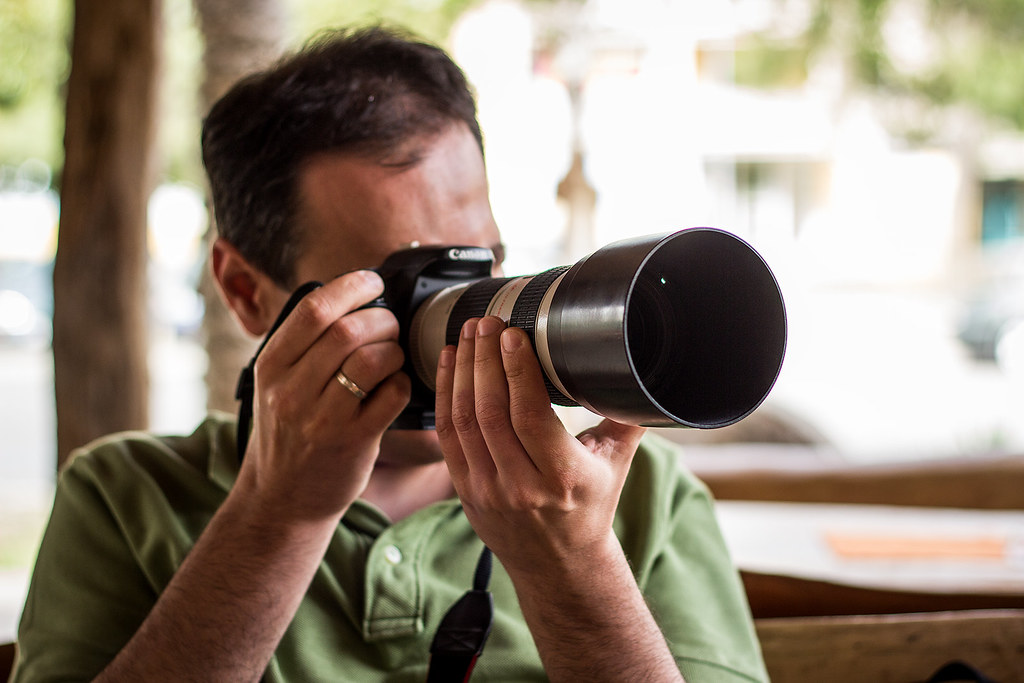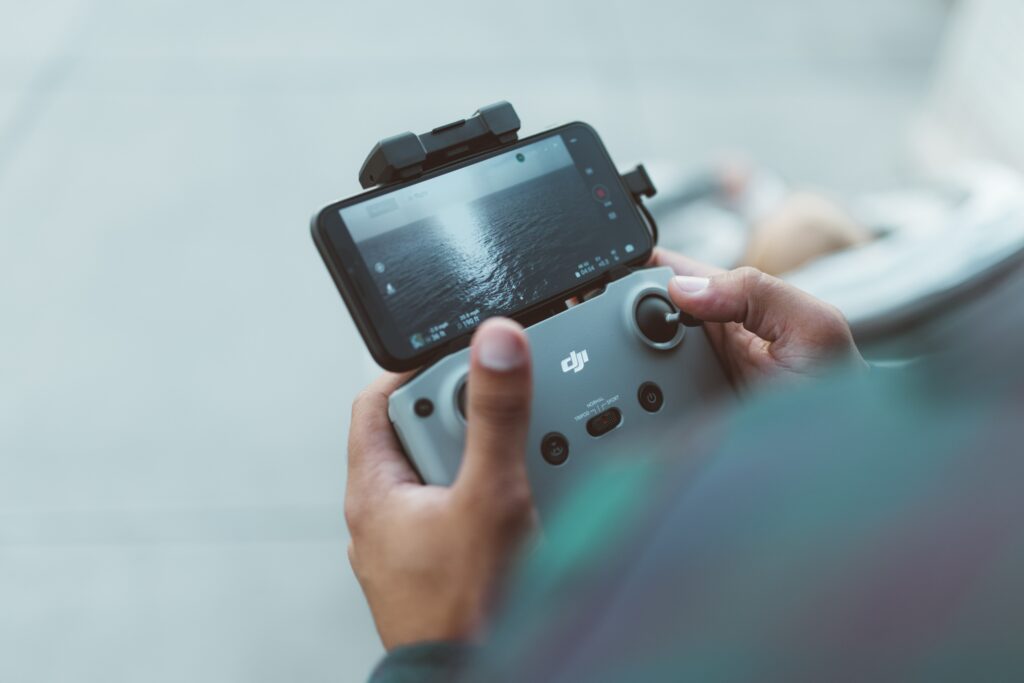It's A Huge Question, So Let's Strip It Right Back And Ask…How To Get Started In Photography?
Not working for money seems counterintuitive to me, probably you too!? I'm right, right?
You can't buy things off the store shelf with favors. If only.
This article is mostly inspired by Shantanu Starick (a great video) and his Pixel Trade Project. In short, his goal was to survive set amount of time without using spending a single cent, on anything for anything.
Basically, “pay” for everything in his life by trading his photography services in exchange for his living costs. It's a fairly complicated form of life which gives no guarantees.
And even though I respect the work Shantanu is doing, I wouldn’t recommend embarking on that lifestyle, because it’s simply not for everybody.
Photography For The Small Business
It often happens that small companies and clients won’t have the money to pay you. And by “having the money” I mean exactly that, the cash (or lack thereof).
I’ve been in that situation more than once, but luckily it's occurred only rarely for me. So just to reassure you, this is not terribly common!
Smaller companies often struggle with cash flow, and this is especially true of developing countries. However, that doesn’t mean that they can’t pay you. If you do a good bargain, you can trade your services as a photographer for other services (or goods) which will benefit you.
So this is what I mean by “other gains.”

Photo by Marjan Lazarevski
This seems like a fairly simple concept, and in fact, it really is. However, it is something that people often tend to avoid because they are fixated on cash and if you're working, you want to be rewarded.
Yes, being paid in cash (or wire transfer, whatever) gives you the most flexibility in managing your finances. On the other hand, with an “equal exchange” deal, you often get more value in items or services since the client knows that they are paying for the inconvenience as well.
Top Tip!
Even if the goods aren’t something you directly need, you can resell them if you know their value and you’re are willing to go through the process. Of course, if you are agreeing on a deal like that, make sure the client knows that the items you’ll get in exchange for your service will be valued at a resale value since that is the real value to you.
It's all about negotiating a good bargain (i.e. win-win) which means you shouldn’t be too pushy and drive the client away, but, you still have to make sure it is well worth for you too.
Because, let’s be frank here, the item you are gaining comes with the inconvenience of not getting money!
Further Learning Material
Want to learn some marketing techniques?
Getting started with your photography blog or business can seem like hard work to begin with, so here are some fantastic eBooks –
The Photography Web Marketing Collection which could really help you out!
However, equal exchange deals are quite worth it if you get gear in exchange since that is something you would spend money on anyway. You also get it as a payment for a job which actually saves you a decent amount of cash – they are still paying something “extra” for the inconvenience, even though in reality, it isn't.
Since the goods and services exchange is preferred by smaller and less developed firms, it is a great way to get into the business as a photographer.
Top Tip!
Instead of working for recommendations, which is basically working for free, try convincing the clients into an exchange that would be somewhat beneficial to you. There are better chances that they will comply to something like that instead of paying you directly.
This way, you’ll be able to fill up your portfolio and resume with jobs that you have done and still get some value for those jobs. Fear not, the recommendations aren’t going anywhere, they will happen one way or the other.
If the client likes the finished product you’ve delivered, they will recommend you – massive bonus! However, if they didn’t plan to recommend you, they wouldn’t do so even if they promised because, legally, they aren’t obligated to, nor can you quantify whether they did or not.

Photo by Dmitry Terekhov
Summary
To summarize, doing equal exchanges when possible can prove to be quite profitable. Frankly, it will prove to be more profitable than you initially thought. Let us say that you planned to charge $300 for a job, instead, you got offered a lens that is worth around $400. Result!
If you accept the job (based on equal exchange), you are already $100 up and that is due to the client paying “extra” for the inconvenience. This amounts to now owning a lens which is of greater value than you originally planned to charge them.
As an added bonus, the client is even more satisfied since you were flexible enough and made the process easier, and a satisfied client is something that you really want.
- A satisfied client is more likely to recommend you to another client, thus you gain exposure in the business world.
- Furthermore, when you do an equal exchange bargain, it often results in more communication during the negotiating process and you wind up having a friendlier relationship with the client, which in turn just boosts every other aspect of your interaction with them.
This is especially true when it comes to other jobs they need doing, while also benefiting you to gain extra recommendations.
How To Get Started In Photography – Top Takeaways
- Approaching very small businesses can (more than) often work in your favor! They have little cash flow but may offer some incentives equally as good if not better than the cash fee you initiated.
- Becoming known as a “flexible” photographer enables you to build an honest and reputable history, get recommended, potential get new gear upgrades – it's all too convincing, that's because it's how the real world works, you've just got to locate the work (it's not as hard as you think – just get talking, shooting and networking)
- Now you've got an awesome portfolio of your best work, a piece of upgraded glass/tripod…whatever; and now when you approach the bigger players, you can showcase your stuff. Plus you'll have developed excellent negotiating and social skills. Impressed with yourself?
Further Resources
- Advice to Photographers Whose Photos Don’t Make Money – From a Photographer by Mike Panic
- Your Dream Photography Job Is Just One Masterful Pitch Away by Tiffany Mueller
- Some Lesser Known Photographic Careers by Jason Row
- Eat, Photograph, Love: A Passion For Photography by Sheen Watkins
Further Learning Material
Want to learn some marketing techniques?
Getting started with your photography blog or business can seem like hard work to begin with, so here are some fantastic eBooks –
The Photography Web Marketing Collection which could really help you out!





2 Comments
A personal example would be helpful.
I love this idea, but it would result in legal difficulties if done in the U.S.